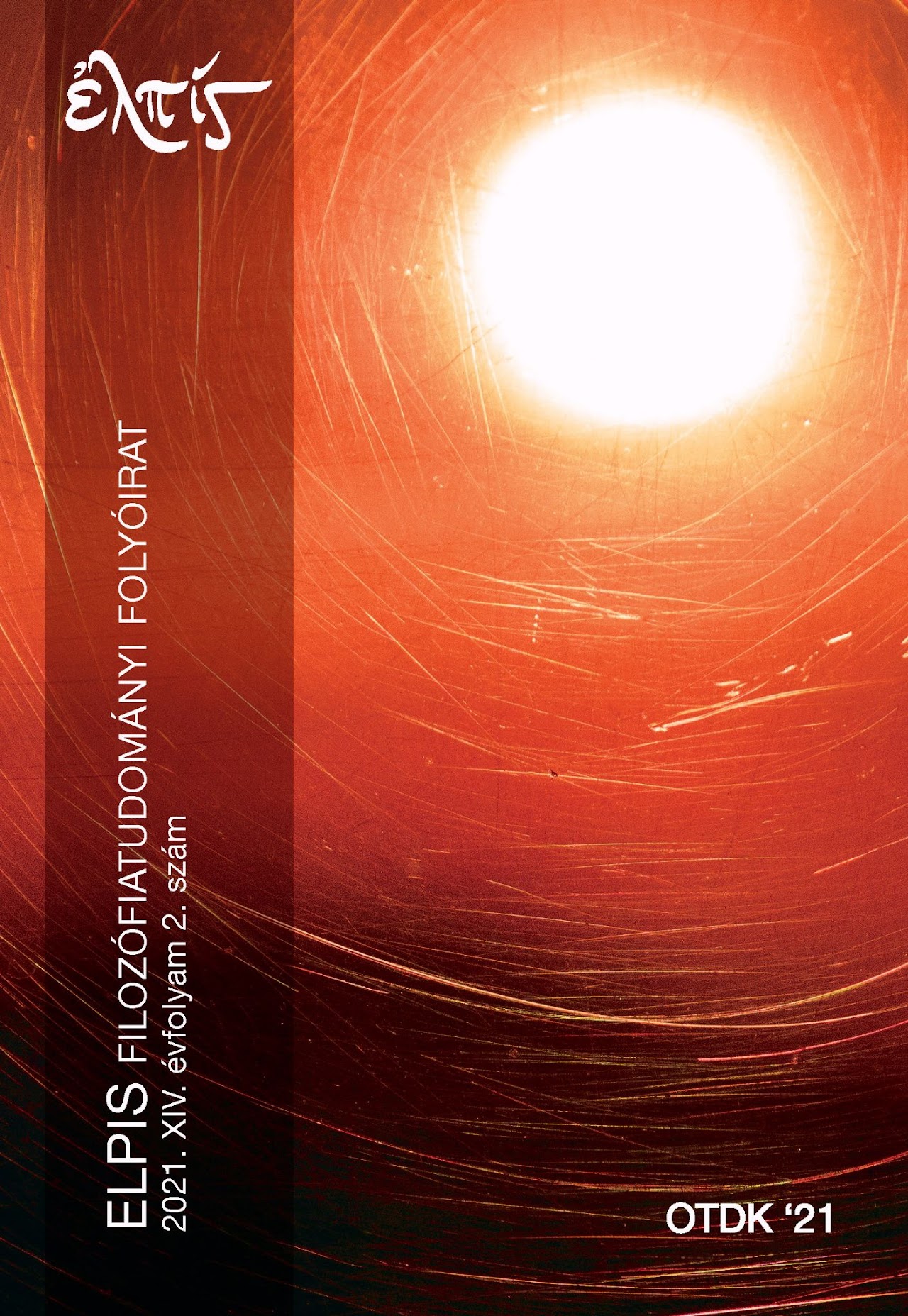A Critique of the Constitution View of Persons
DOI:
https://doi.org/10.54310/Elpis.2021.2.3Keywords:
Analytic Metaphysics, Personal Ontology, Constitution View, Personal OntolToo-Many-Minds ProblemAbstract
Personal ontology is a fairly new topic in analytic metaphysics that examines the metaphysical nature of us, human beings, which ontological category we belong to and what the conditions of our persistence are. In my paper, I deal with one of the popular views of personal ontology: the constitution view of persons. My aim is to show that contrary to its popularity, the constitution view stands on rather shaky grounds, because it is burdened by a contradiction and has untenable consequences. The constitution view of persons claims that we as human beings belong to the ontological category of persons, and we are constituted by our bodies. Persons are beings that have certain mental properties essentially, therefore their persistence is bound to mental properties. However, because persons are constituted by their bodies, they are material beings, which are composed of physical parts and not able to exist without a physical body that constitutes them.
In my paper, I present the constitution view and my own reconstruction of the argument for it. I clarify which premises can the opponent of the constitution view argue against, and which premises create the problem I cover most extensively, namely the too-many-minds problem. Finally, I argue that the too-many-minds problem not only leads to counterintuitive consequences but also reveals an inconsistency within the constitution view.




